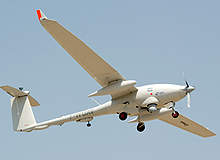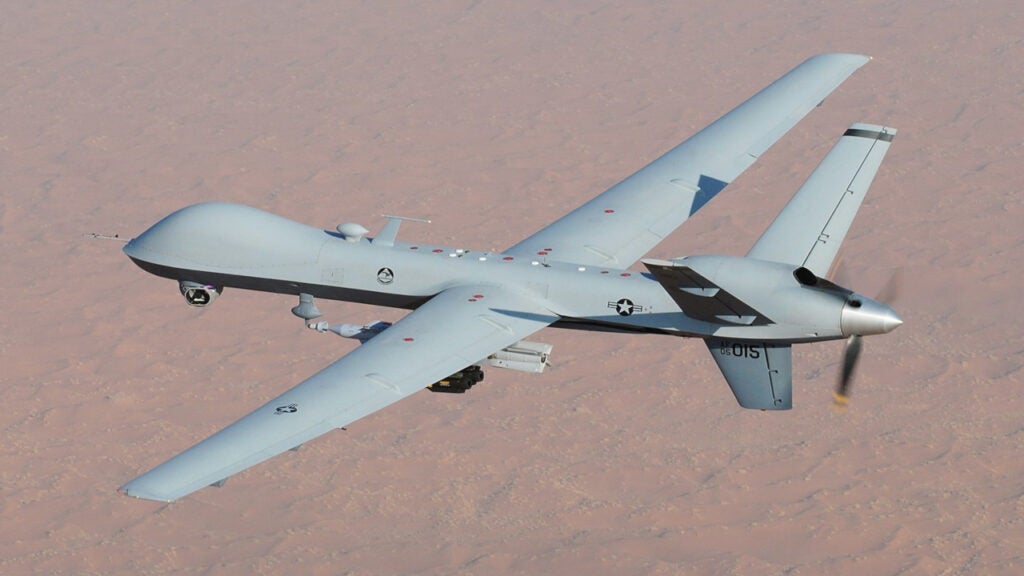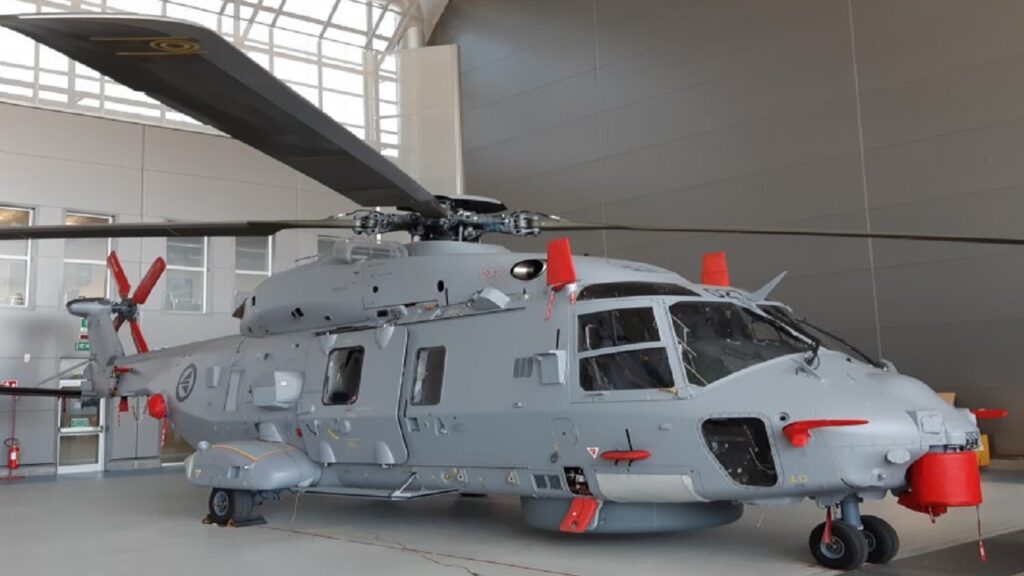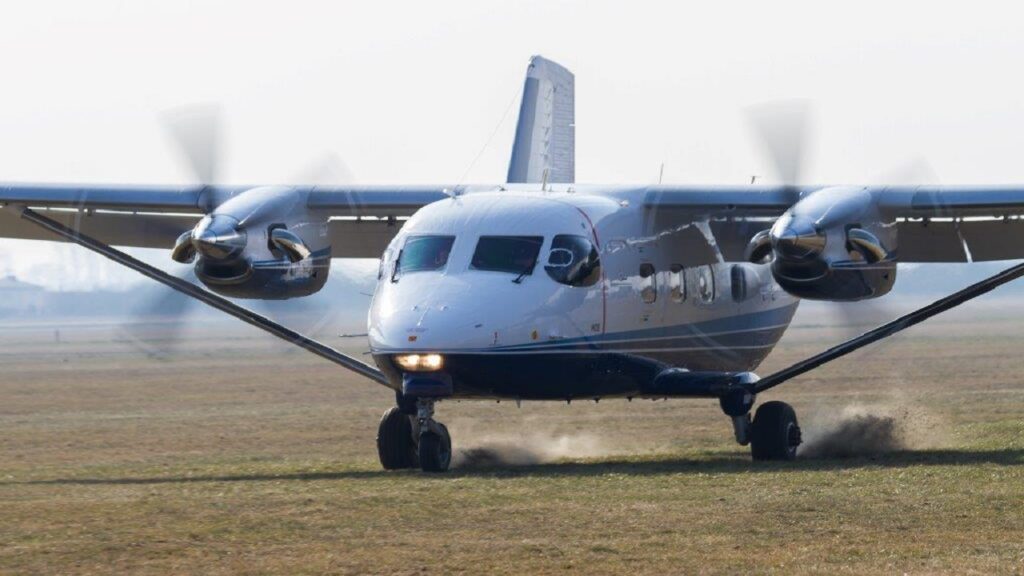
Patroller is a remote-controlled medium-altitude, long-endurance (MALE) unmanned aerial vehicle (UAV) designed and manufactured jointly by Sagem (a subsidiary of Safran Group) and Stemme for the French armed forces. It captures battlefield imagery and transfers to the ground control station (GCS) located in southern France, through Satcom datalink.
The maiden flight took place on 10 June 2009 at the Kemijarvi test ground in Finland. The aircraft was displayed at the Paris Air Show in June 2009. First phase of the flight trials were completed on 30 June 2009. Third and fourth series flight tests were carried out in May 2010 and July 2010 respectively.
The Patroller is expected to enter into service in 2011.
Patroller mission variants:
Three variants, Patroller-R, Patroller-S and Patroller-M, were built to meet various mission requirements.
Patroller-R is an air force variant principally used to perform intelligence, surveillance, target acquisition, reconnaissance and battle damage assessments missions. It features two hardpoints under the fuselage section to incorporate extra fuel tanks.
Patroller-S is an airborne surveillance version that executes homeland security operations including border and coastal surveillance, road monitoring, search and rescue, environmental protection, civil protection and law enforcement. It is additionally equipped with airborne surveillance radar and can operate in piloted vehicle mode (PVM).
Patroller-M is a naval version in use by French Navy. It is fitted with maritime patrol radar to achieve maritime patrol operations.
Design and features
The Patroller was designed based on the Stemme S-15 motor-glider platform. It can take-off and land on a 250m runway both day and night even in worst climatic conditions. Being a medium size UAV, it can be easily carried on the C-130 transport aircraft.
The UAV has a robust airframe built with composite materials and carbon fibres. It is also equipped with a global positioning system (GPS), inertial navigation system (INS), retractable landing gear, a high-resolution Matis IR 3-5µ colour electro-optic camera, triplex avionics and a laser telemetry system.
Navigation, sensors and radar
The Patroller can be operated either manually from the GCS or on autonomous mode. It is fitted with an automatic take-off and landing system (ATOLS) to assist in safe landing during communication failure with the control station.
It is equipped with Euroflir 410 electro-optic (EO) and infra-red (IR) sensors. It is additionally equipped with identification friend or foe (IFF) transponder and laser designator.
The aircraft is fitted with a synthetic aperture radar (SAR) to offer digital terrain elevation data (DTED). Designed and manufactured by OHB Systems, the SAR monitors vehicles moving on the ground, through a ground moving target indicator (GMTI) system.
Electronic intelligence (ELINT) and communication intelligence (COMINT) are optional systems that can be integrated in the vehicle.
Engine
Powered by a single four-stroke liquid air cooled Rotax 914F turbocharged engine, Patroller features a three bladed propeller at the tip of the nose section. The propeller can rotate at the rate of 5,800rpm to render propulsive force for the engine.
Designed and built by BRP-Rotax, the 914F engine produces 86kW of output power.
Ground control station
The GCS is designed and built by Sagem. It comprises two to three station operators, a ground data terminal, a remote video terminal and full mission training simulator.
Processing of the real-time data supplied by the Patroller is carried out at the GCS. The sensor data can be retrieved, stored and monitored from the control station through multifunctional control panels. Images of large file size can be transferred quickly to the control station, provided more than one bandwidth is assigned for transmission.
The remote video terminal (RVT) displays high resolution images and geo-referenced videos offered by the aircraft. The RVT is linked to a directional antenna for receiving signals from the vehicle. It features a display terminal, portable receiver and vehicle adaptation kit.
Sperwer mk II and Patroller share the same GCS. Communication between the vehicle and control station is enabled through Ku-band line of sight (LOS) datalink with in a range of up to 200km.
Performance
Patroller can fly at a maximum speed of 314km/h. Its cruise speed is 92km/h. The service ceiling is 7,620m, while the take-off distance is 250m. The aircraft can loiter on station for a maximum of 30 hours.




